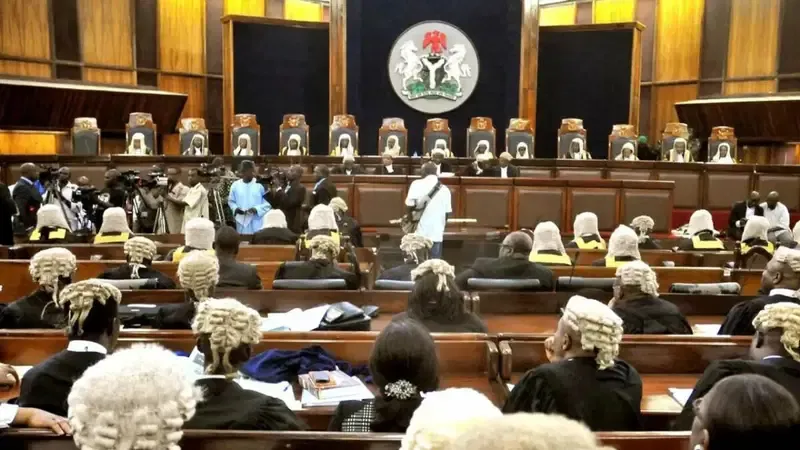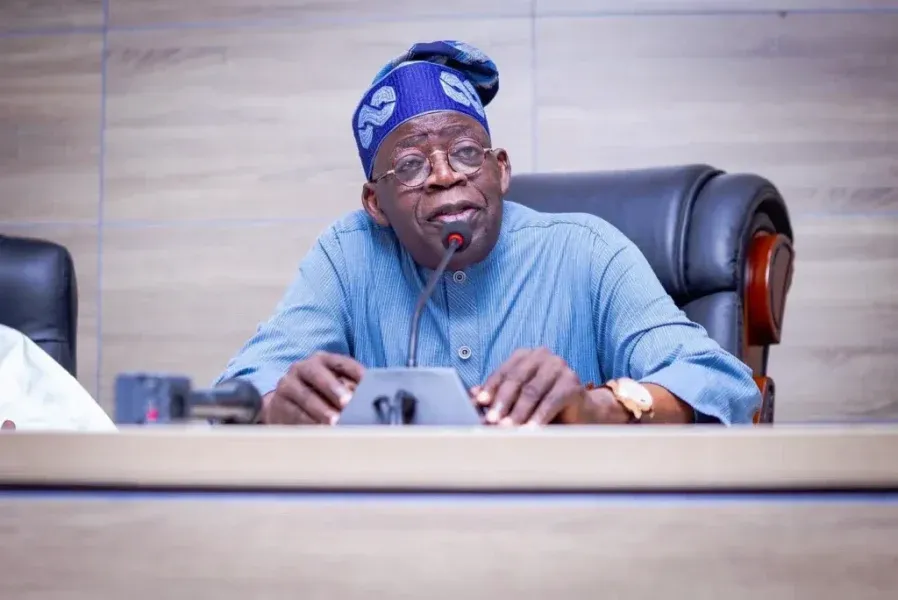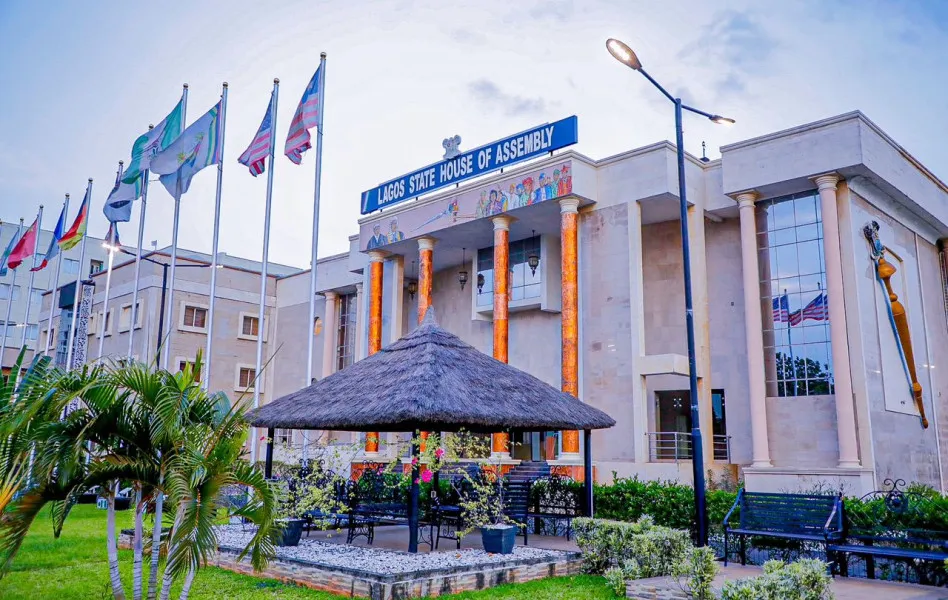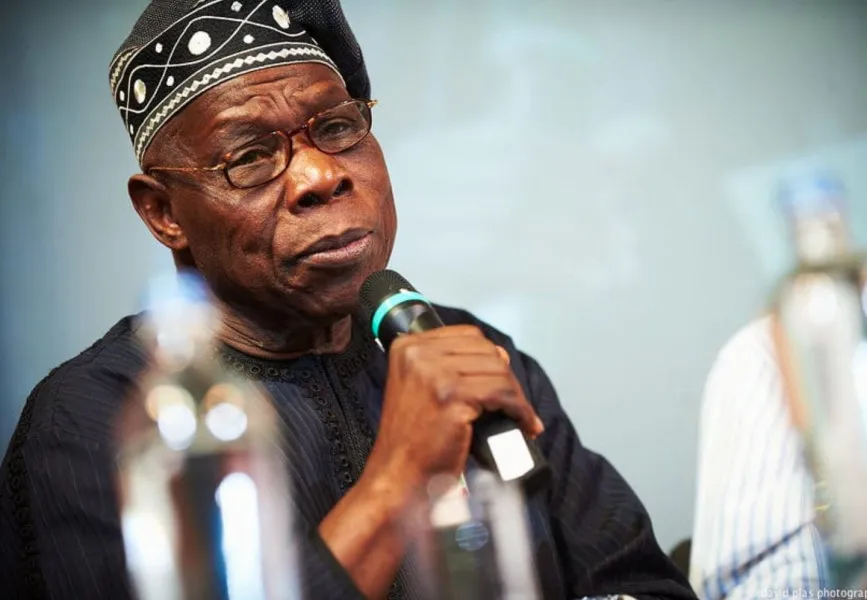The Supreme Court has scheduled Oct. 22 for a hearing in a lawsuit involving at least 16 state governments challenging the constitutionality of the laws establishing the Economic and Financial Crimes Commission (EFCC) and two other federal agencies. The decision came after a seven-member panel of justices, led by Justice Uwani Abba-Aji, allowed the states to join as co-plaintiffs and granted a request to consolidate the cases initially filed by the Kogi State Government.
The states participating in the case, marked SC/CV/178/2023, include Ondo, Edo, Oyo, Ogun, Nassarawa, Kebbi, Katsina, Sokoto, Jigawa, Enugu, Benue, Anambra, Plateau, Cross River, and Niger. They argue that the constitution is the supreme law and any legislation inconsistent with it is void. The plaintiffs claim that in enacting the EFCC Establishment Act in 2004, the federal government did not comply with Section 12 of the 1999 Constitution, which mandates that any international convention, such as the UN Convention against Corruption incorporated into the Act, must be approved by the majority of state Houses of Assembly.
The states referenced a previous Supreme Court ruling in Dr. Joseph Nwobike vs. the Federal Republic of Nigeria, which held that the EFCC Act was based on the UN Convention. They assert that the law’s enactment without proper constitutional approval renders it inapplicable to states that did not consent to it, thus questioning the legality of institutions formed under the Act.
During Tuesday’s session, legal representatives for the states presented their submissions, with most seeking to join as co-plaintiffs and a few requesting case consolidation. Kogi’s Attorney General (AG), represented by counsel Abdulwahab Mohammed, SAN, informed the court that approximately 13 states wanted to be co-plaintiffs, while two states preferred consolidation. “To make the task of the court easier, those who want to be joined as co-plaintiffs should be joined and abide by the processes already filed, and those who sought consolidation should be asked to file within seven days,” Mohammed suggested.
Justice Abba-Aji granted the requests and adjourned the matter to Oct. 22 for further proceedings. Initially, Kogi State’s AG filed the suit against the Attorney-General of the Federation (AGF) as the sole defendant, raising six questions for determination and seeking nine reliefs. Among these was a declaration that the Nigerian Financial Intelligence Unit (NFIU) lacked the authority to issue directives or guidelines concerning state funds. The state also sought a ruling that the EFCC, NFIU, or any federal agency could not investigate or prosecute matters relating to the management of state finances.





